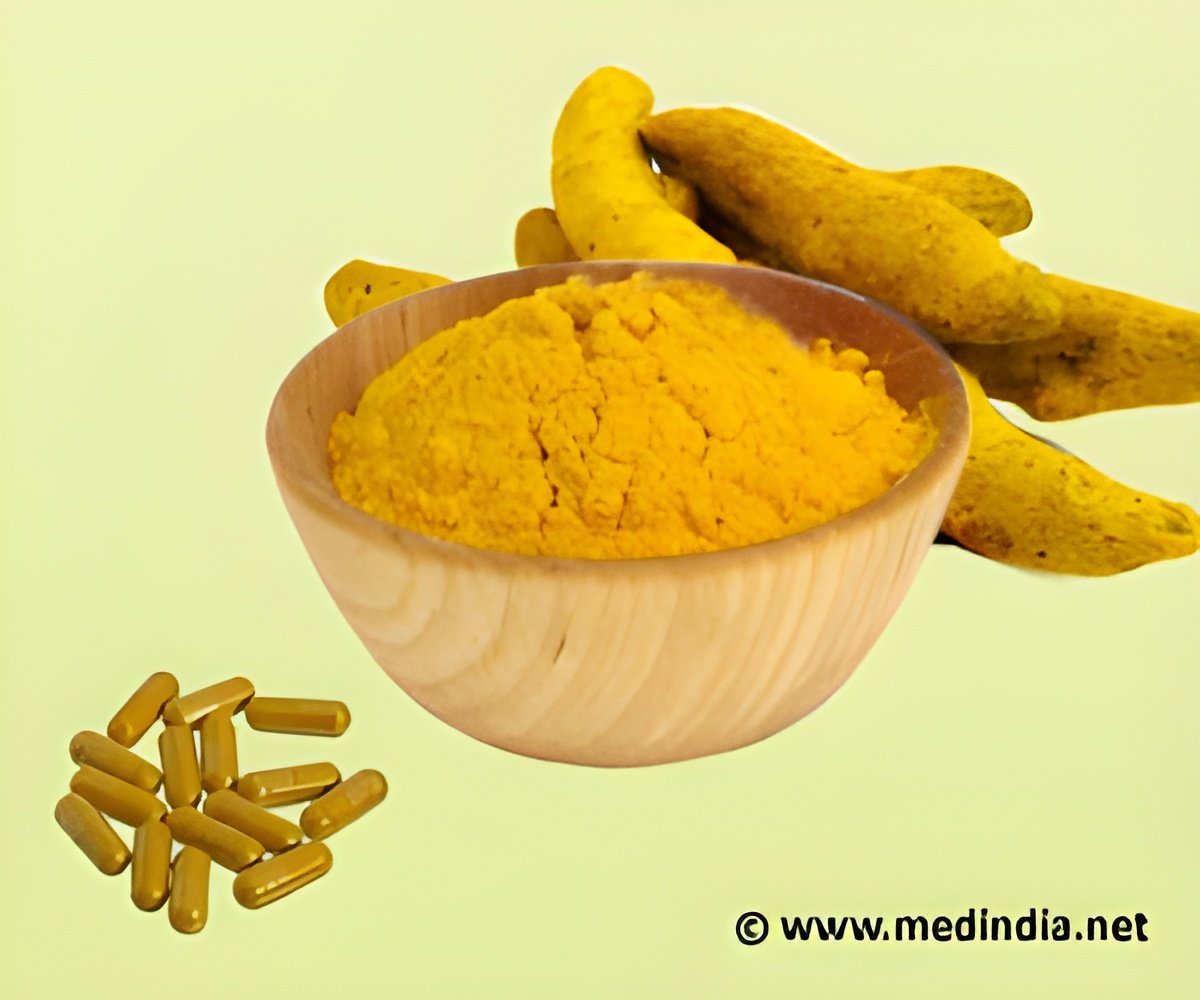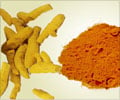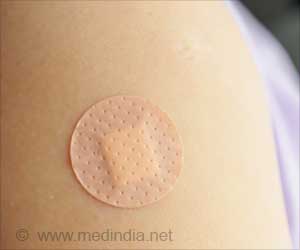Nanoemulsion with curcumin effectively modulates gut microbiota in mice with intestinal inflammation.

Evaluation of curcumin nanoemulsion effect to prevent intestinal damage
Go to source). This formulation exhibits promise in alleviating inflammation and promoting gut health as per a study that was supported by FAPESP (projects 22/12823-0, 20/15185-0, and 17/03879-4), and is reported in an article published in the International Journal of Pharmaceutics.
‘Curcumin-containing nanoemulsion is found to effectively modulate the gut microbiota in mice with induced intestinal inflammation, offering potential improvements in bioavailability and promoting beneficial bacteria presence. Read on to know more.
#curcumin #nanoemulsion #gut #microbiota
’





Curcumin, a natural substance belonging to the group of bioactive compounds called curcuminoids, is a yellow polyphenolic pigment found in the turmeric plant (Curcuma longa). It has gained prominence in treatments to combat inflammatory intestinal disorders, but its bioavailability is low when it is administered orally.
This problem is exacerbated in patients with Crohns disease, ulcerative colitis, and other conditions associated with inflammation of the digestive tract and gut microbiota alterations.
Did You Know?
Incorporating black pepper or piperine with curcumin can enhance its absorption and bioavailability, maximizing its potential health benefits.
Advertisement
Microbial Modulation with Curcumin Nanoemulsion
Next, to test the action of the nanoemulsion in mice, the researchers induced intestinal inflammation using a drug called indomethacin and administered the nanoemulsion orally for 14 days.At the end of this period, they evaluated the intestinal inflammation by macroscopic, histopathological, and metagenomic analysis.
“The nanoemulsion didn’t lead to a significant improvement in the intestinal inflammation, but the relative abundance of Lactobacillus bacteria was about 25% higher in the mice treated with curcumin nanoemulsion than in the control group,” Eller said.
The authors of the study, the first to measure the effects of curcumin nanoemulsion in this way, stressed the importance of developing novel formulations that enhance the efficacy of curcumin in preventing and treating inflammatory bowel disease, since it has proved to be a valid alternative to existing treatments, which are expensive and have significant side effects.
The group continues to conduct research on the potential of nanoformulations to deliver nutraceuticals (food elements of plant or animal origin with significant health benefits).
“Specifically with regard to the curcumin nanoemulsion, we’re adjusting the formulation to increase the bioavailability of the active ingredient and will soon apply it in other protocols for the prevention and treatment of intestinal damage,” Eller said.
Reference:
- Evaluation of curcumin nanoemulsion effect to prevent intestinal damage - (https://www.sciencedirect.com/science/article/abs/pii/S0378517323011055?via%3Dihub)
Source-Eurekalert















